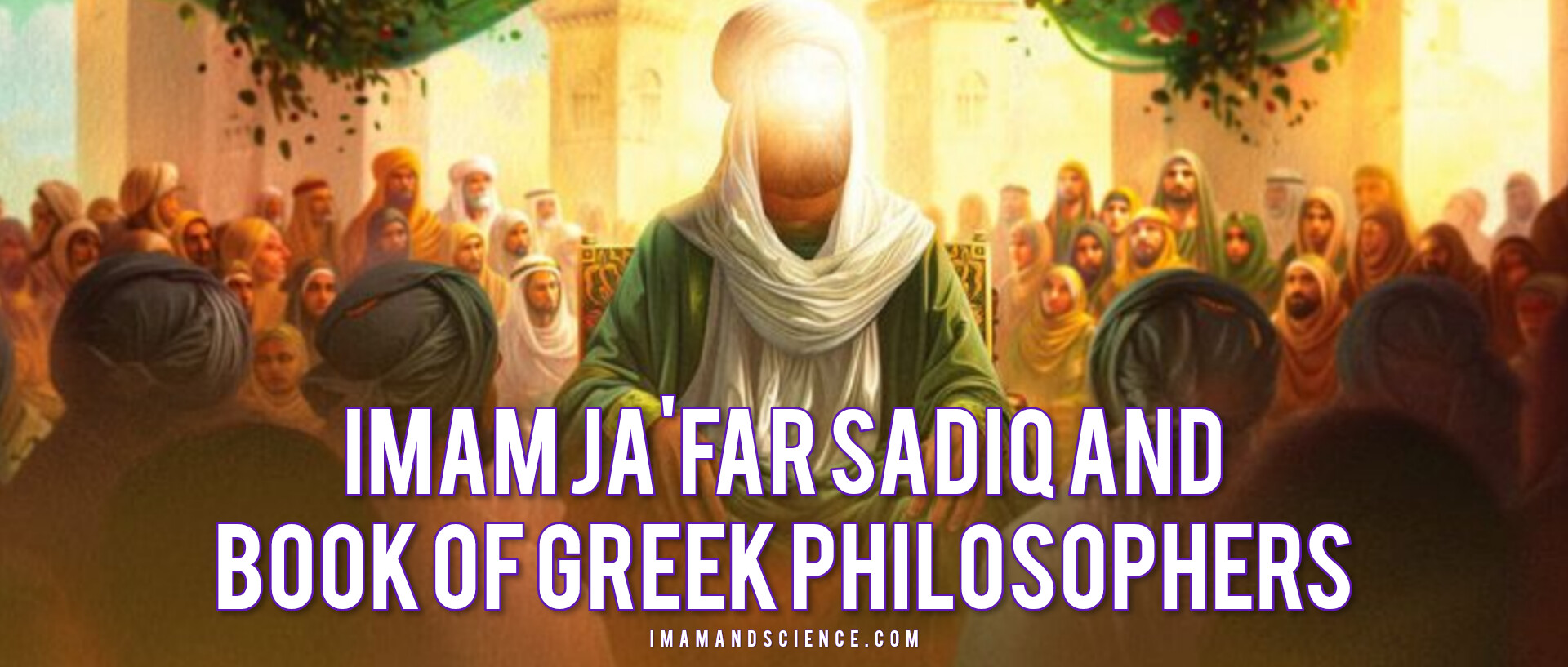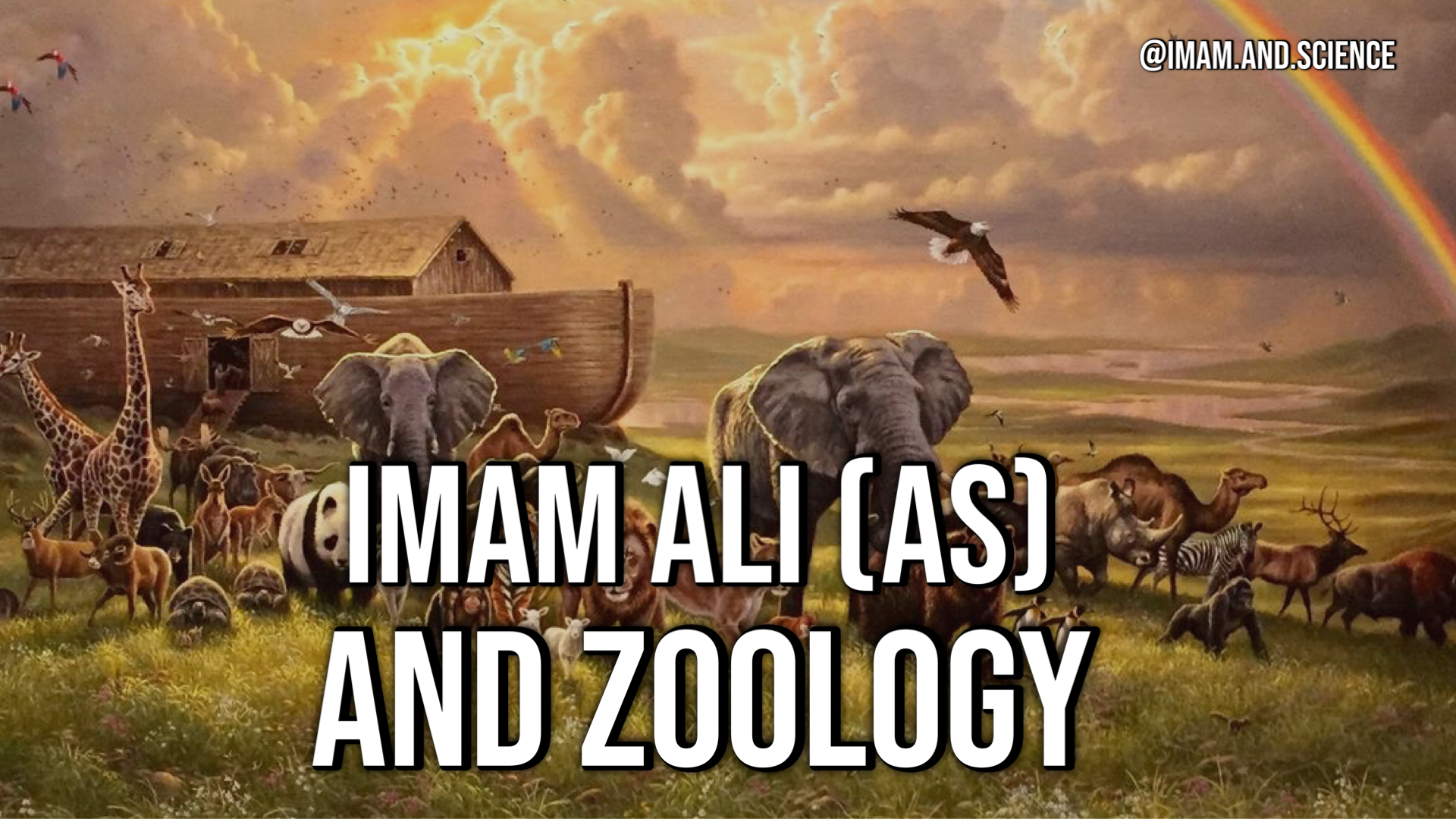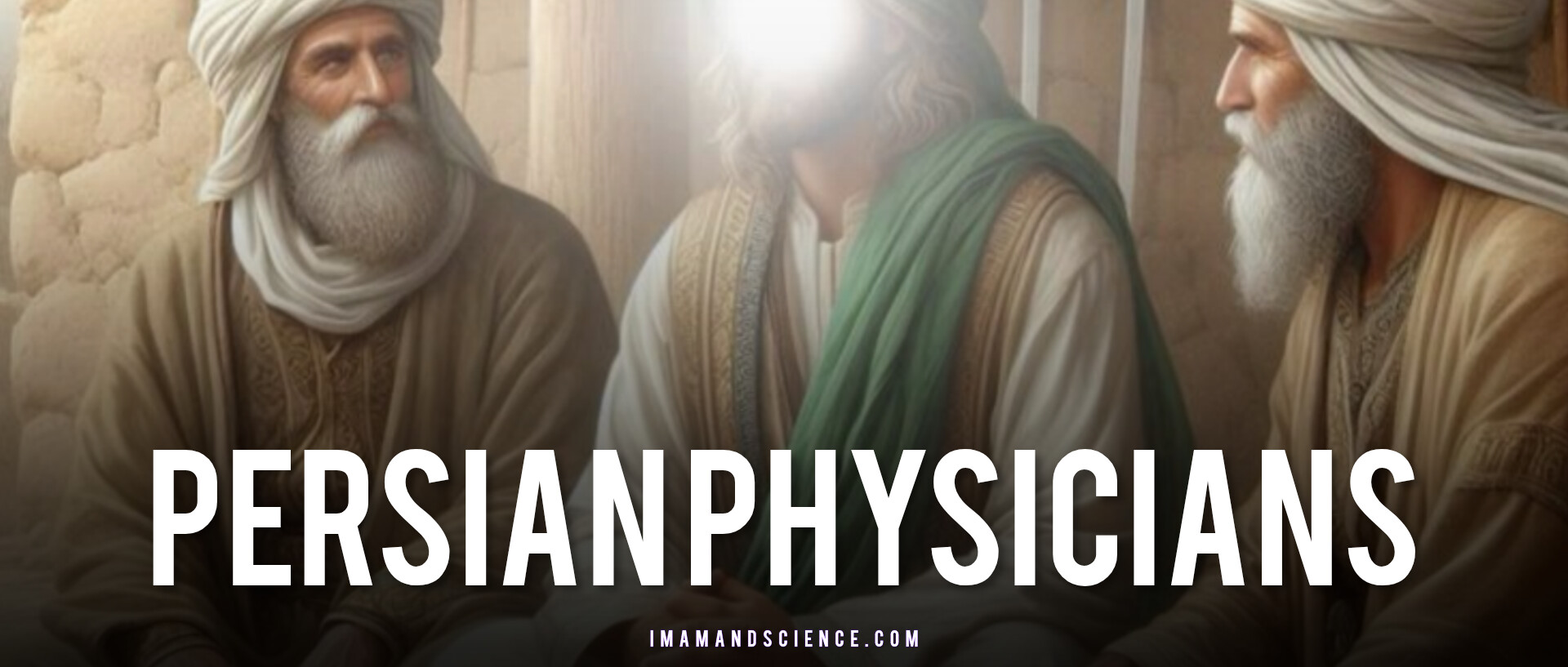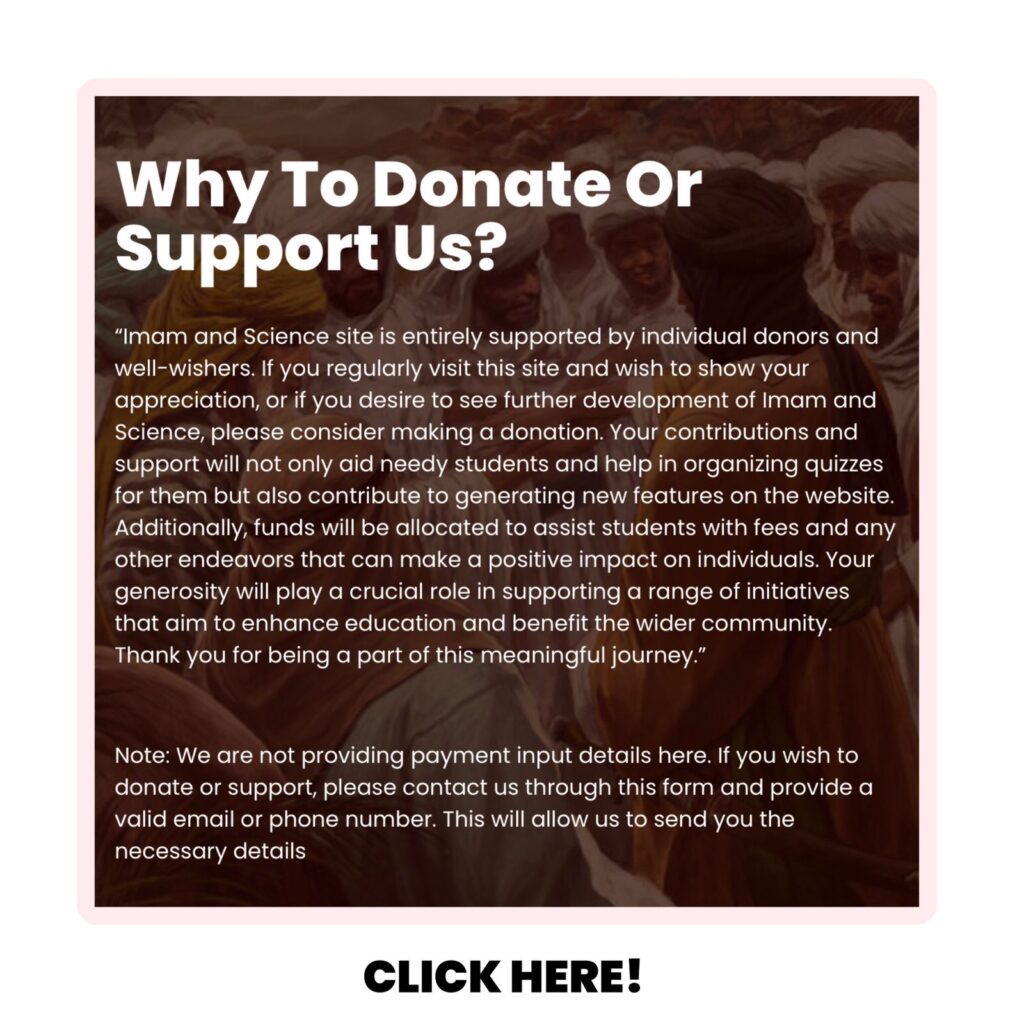Imam Ja’far as-Sadiq (A.S.) had challenged the theories of Ptolemy and Aristotle while studying in the academy of his father, Imam Mohammed al-Baqar (A.S.), who passed away in A.H. 114, during the Umayyad rule. During that period, no scientific, mathematical, or philosophical books were received or translated. The work of collecting and translating books began when al-Mansur assumed the caliphate in A.H. 136.
In the year 154 A.H., six years after the death of Imam Ja‘far as-Sadiq (A.S.), an Indian traveler introduced a treatise on astronomy in Baghdad, which was translated into Arabic by Mohammed ibn Ibrahim under the orders of al-Mansur. The same traveler introduced another treatise on mathematics, through which the numerals known today as Arabic numerals entered the Muslim world. It was the temptation of a handsome reward that lured people to bring books to Baghdad. (Ref: History of the Arabs by Hitti, p. 307. )
What is Tertise? A treatise is a long, detailed piece of writing about a particular subject. It explains the subject carefully and thoroughly, often including research and arguments. It’s like a very in-depth book on a specific topic.
Al-Mansur dispatched emissaries as far as Constantinople to Emperor Leo, in search of Greek works. He is reported to have received a number of books, including Euclid’s works, from the Byzantine emperor. (Ref: Ibid. p. 310. )
Al-Hajjaj ibn Yusuf ibn Matar (169-216 A.H.) is credited with making the first translation of Euclid’s “Elements” and one of the first translations of Ptolemy’s “Almagest.” However, these translations were not done properly and had to be revised or retranslated during the caliphates of ar-Rashid and al-Mamun.
Ibn al-Batriq (179-189 A.H.) is reported to have translated major works of Galen and Hippocrates for al-Mansur. He is also said to have translated Ptolemy’s “Quadripartitum.” (Ref: Ibid. p. 311.)
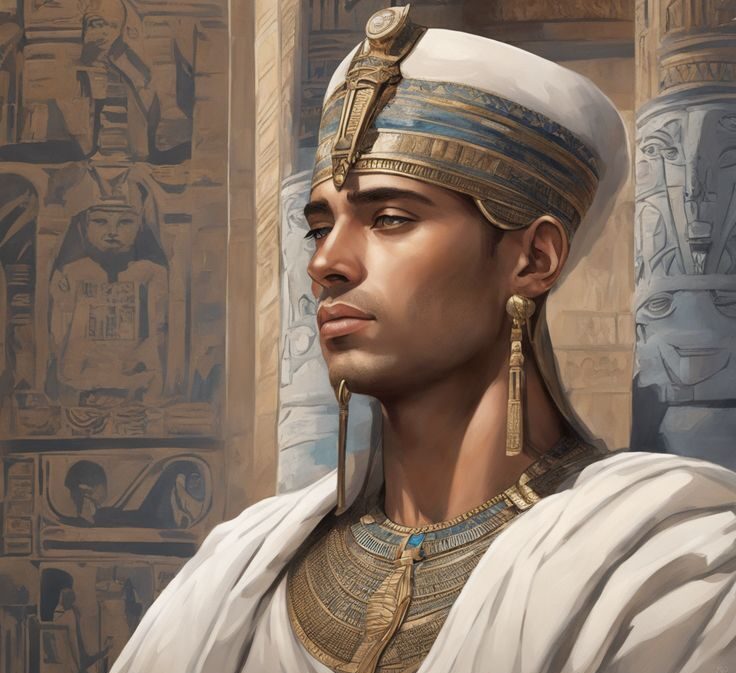
Quadripartitum, also known as the Tetrabiblos, is an influential ancient text on astrology written by the Greek-Egyptian scholar Claudius Ptolemy in the 2nd century CE. The work is divided into four books, hence the name “Tetrabiblos” (Greek for “four books”). It is one of the foundational texts of Western astrology, providing a comprehensive guide to the principles and practice of astrology, including the influences of the planets, stars, and other celestial bodies on human affairs.
Translation work was done sporadically for al-Mansur and ar-Rashid. In A.H. 213, al-Mamun established his Bayt al-Hikma, which was a combination of a library, academy, and translation bureau. He appointed Hunayn ibn Ishaq as the superintendent of the Bayt al-Hikma. As the chief translator of scientific works, he was assisted by his son, Ishaq, his nephew, Hubaysh ibn al-Hasan, and many other students.
Since most of the translators were Aramaic (Syriac) speaking, many of the Greek works were translated first into Aramaic (Syriac) before their rendition into Arabic. In many cases, Hunayn did the initial translation from Greek into Syriac, and his colleagues took the second step and translated them from Syriac into Arabic. Aristotle’s “Hermeneutica,” for instance, was first done from Greek into Syriac by the father, and then from Syriac into Arabic by the son, Ishaq, who had studied Arabic. He is credited with translating the works of Galen, Hippocrates, and Dioscorides, as well as Plato’s “Republic,” Aristotle’s “Categories,” “Physics,” and “Magna Moralia.” (Ref: History of the Arabs by Hitti, p. 312 )
Another famous group of translators was Thabit ibn Qurrah (219-284 A.H.) and his disciples, who were mostly Sabians from Harran. They were star worshippers and, as such, were interested in astronomy and mathematics. Most probably, they studied those subjects from Ja’far as-Sadiq (A.S.) or his students. Thabit and his disciples are credited with translating Greek mathematical and astronomical works, including those of Archimedes. He also revised the translation of Euclid, which was done before.
Disclaimer
All the above text is taken from the book “Maghaz’e Mutafakir Began Shia” and has been rewritten in a proper manner with detailed study by the Imam and Science team. We want to ensure that every teaching of the Imams related to Islam and science is preserved and spread all over the world. Feel free to share this knowledge with your friends and family, and you can support us in spreading it further! You can explore many more topics on our website. Remember us in your prayers!
Read: IS “THE SUPERMAN IN ISLAM IS AUTHENTIC OR NOT? “


